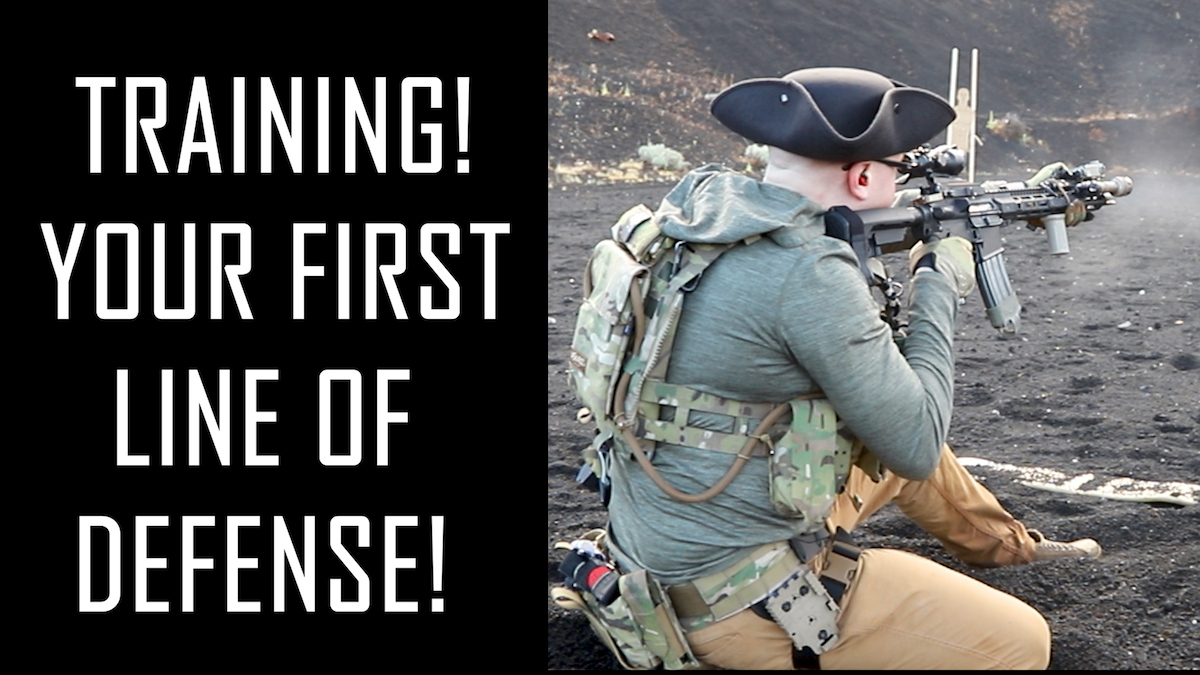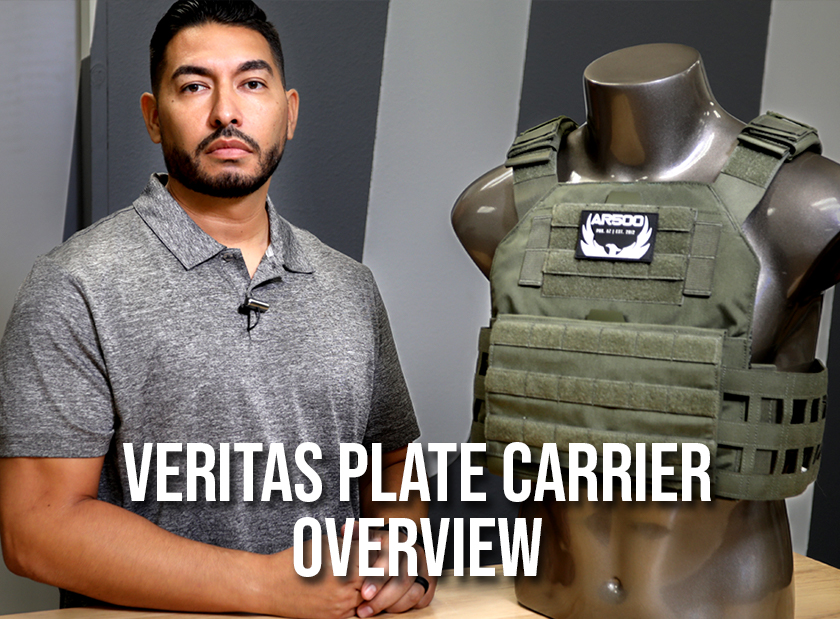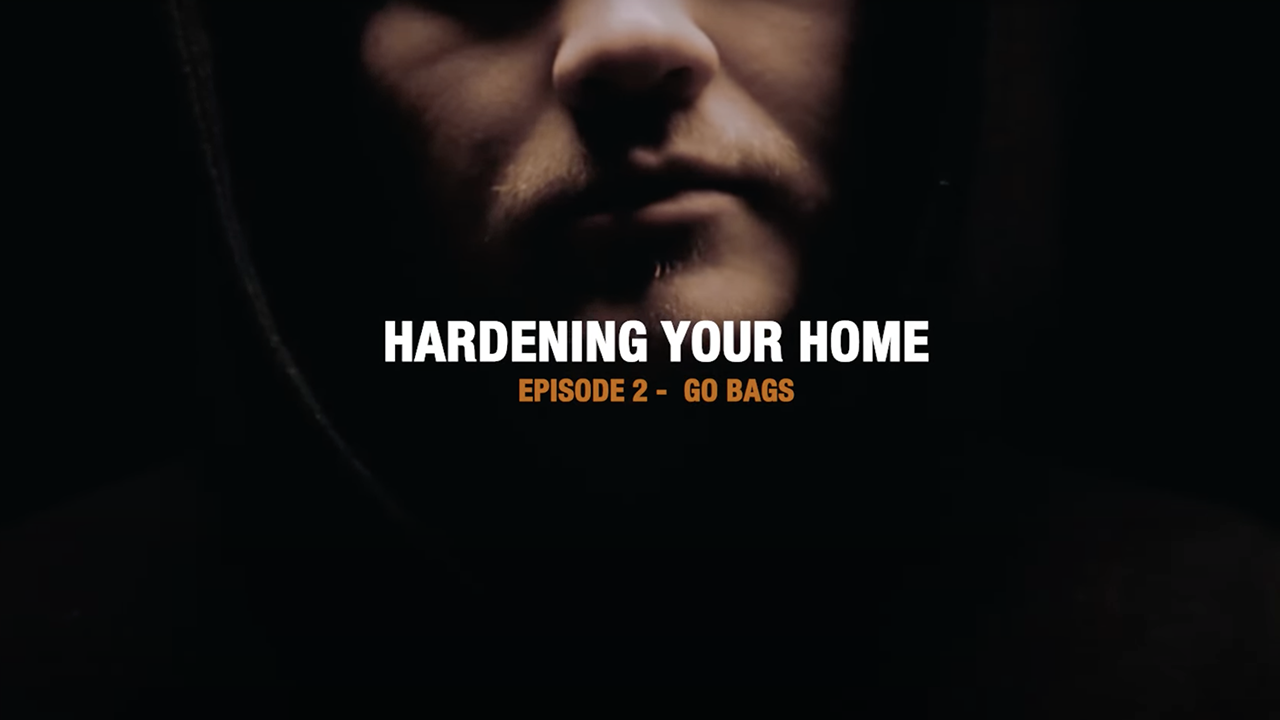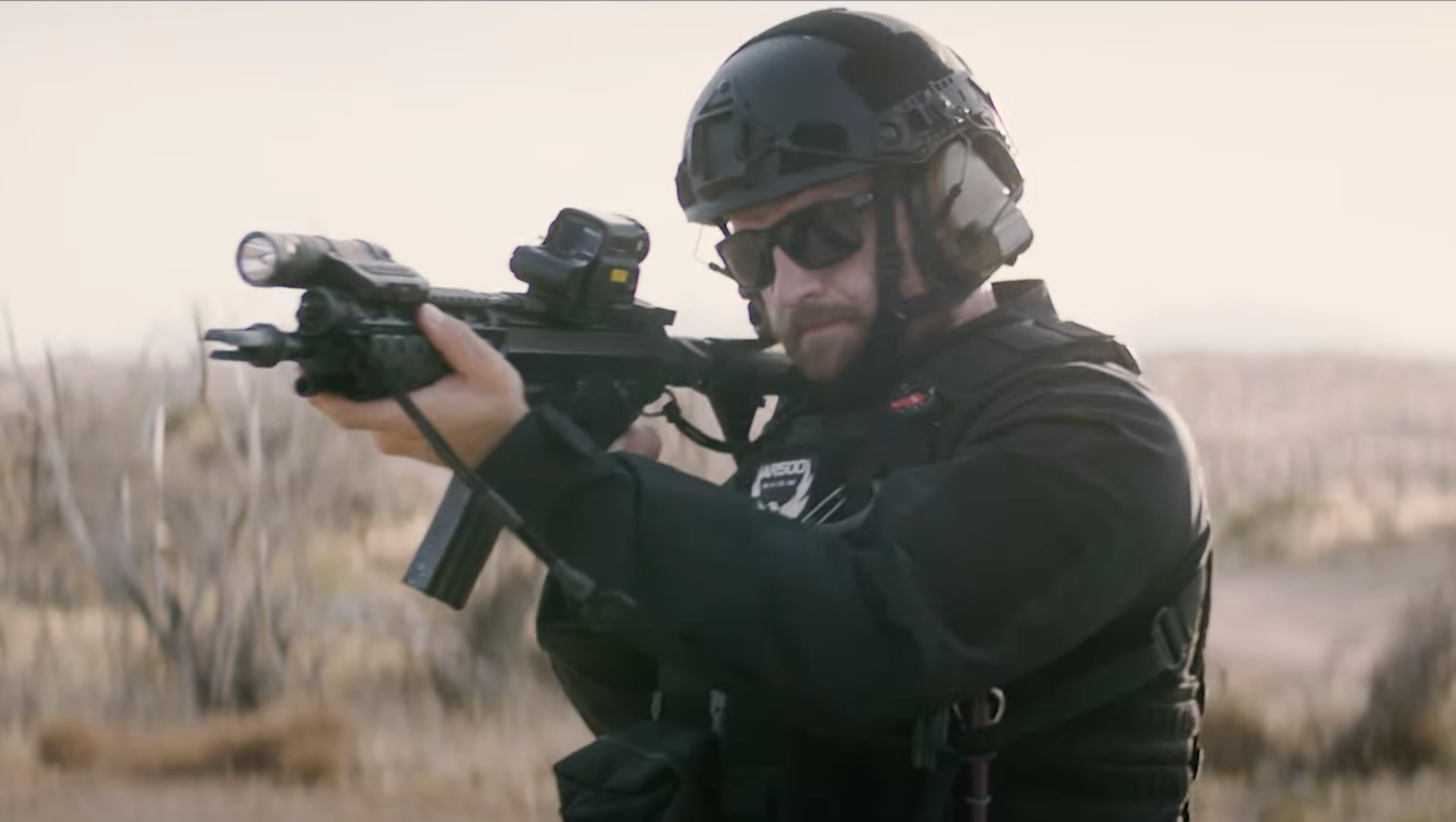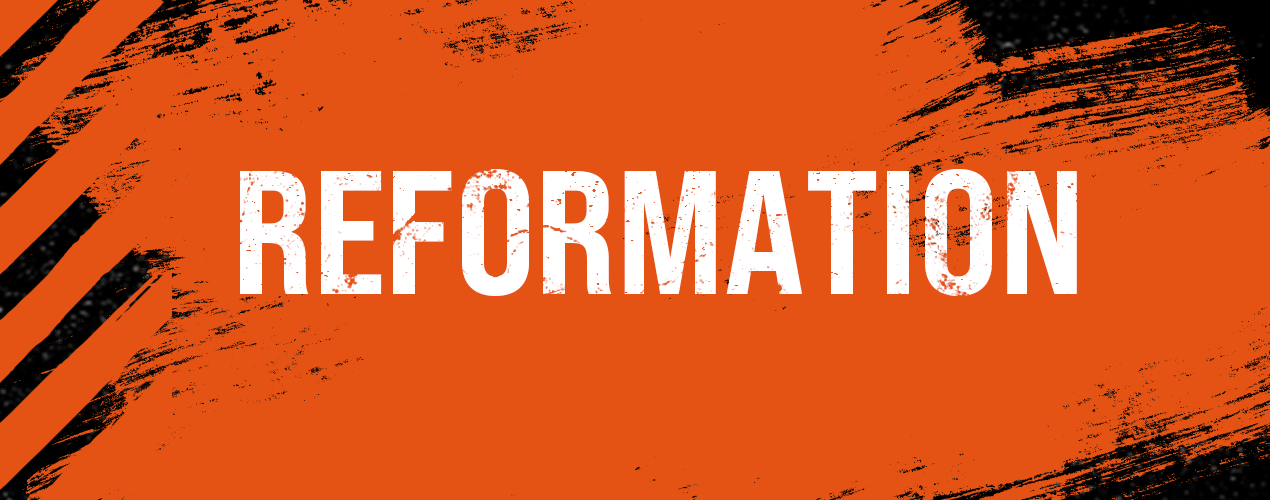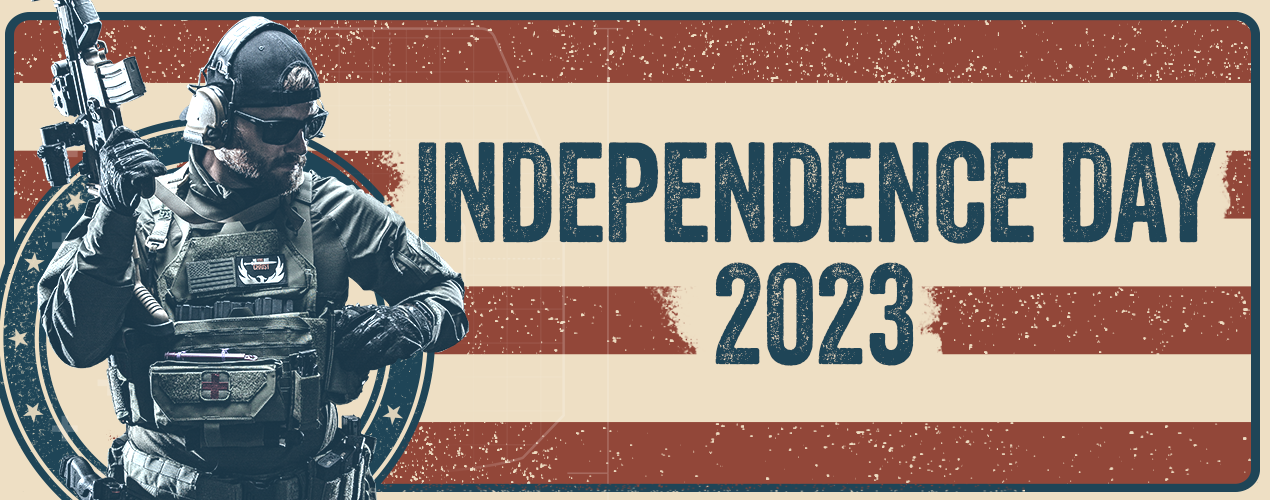The Power of the Individual Against Unjust Laws
- Jul 27, 2020

States push back against federal laws and local governments push back against state laws. But what can an individual do to fight unjust laws besides tearing the label off of their mattress? Plenty, it turns out. Individuals collectively embody “the people” mentioned in the federal and state constitutions. The people are the “consent of the governed.”
When unjust laws are implemented, there has been a tradition of lower governments pushing back to selectively enforce laws they believe the higher government has no business implementing. But how does the individual fight back?
Individual situations call for individual decisions
As much as some would like to make following the law a black or white choice, the reality is that there is usually leeway in the law, which is one reason why drivers are sometimes let off with a warning instead of a ticket. Although some things are still against the law, does illegal automatically mean immoral?
Most parents are probably against their children consuming alcohol before they’re twenty-one, and probably would be even if it weren’t illegal. But there are also many parents who wonder what harm comes to anyone if you allow one of your older children to have a sip of wine at Thanksgiving, a bit of champagne to ring in the New Year or other special occasion?
Firearm owners tend to have a moral compass that points them in the direction of obeying the law in most areas of life. But what if the law prevents us from being in a position to protect ourselves or our loved ones? Are we morally obligated to follow the law?
Since 2010, it’s been legal to have and carry loaded firearms in national parks as long as the person followed the laws of the state the park was in. Nevertheless, the law still prohibits carry in federal facilities such as park visitor centers or ranger stations.
But who is harmed if you do not disarm going to a restroom in a visitor center before hiking into the backcountry, especially if you’re nowhere near your vehicle? From a safety standpoint, every time you handle your firearm, you increase the chance of an accidental discharge. Yet, technically, you’re breaking federal law if you are carrying in one of the facilities.
Truth, with consequences?
What if you find yourself in a work situation where you’re required to act in a manner you believe unconstitutional or against your personal morals? Following your beliefs may work for you, but you have to be prepared for the consequences if things don’t go your way.
In last week’s blog, we saw that Kim Davis, the Kentucky county clerk, went to jail for contempt of court for not following federal law by refusing to issue marriage licenses to same-sex couples. But consequences can occur when the government entity is much smaller.
In Seattle, amidst the pandemic and the state government’s edicts regarding the coronavirus measures, Port of Seattle police officer Greg Anderson voiced his opinions on the enforcement of such measures and said police have a duty to refuse to enforce unconstitutional laws.
Officer Anderson’s video, recorded in uniform and in his patrol vehicle, went viral. As a result of the fallout, he was suspended. While the chief and fellow officers were sympathetic to the message, the officer made his video on taxpayer time using taxpayer resources, which was a violation of department policy.
It takes courage for anyone to stand up against unjust laws or mandates, whether as a private citizen or government employee. Things don’t always go your way, and sometimes those actions have life-changing consequences.
Is losing your job or freedom worth the particular fight? Only you can say.
“Figuring things out for yourself is the only freedom anyone really has. Use that freedom. - Jean Rasczak, Starship Troopers

